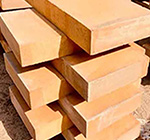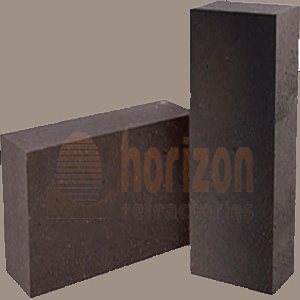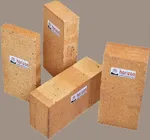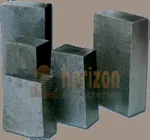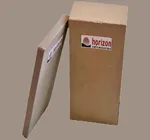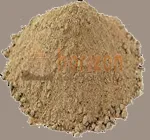Refractory Brick Manufacturers
Choosing a reliable refractory brick manufacturer is essential for industries relying on heat-intensive processes. The right supplier ensures product durability, thermal stability, and long-term cost efficiency.
India is home to several refractory manufacturers, making it important to differentiate between providers based on quality, capacity, and credibility. This guide helps you simplify your selection process with practical, information-dense insights.
Understanding Refractory Bricks and Their Applications
Refractory bricks, also known as fire bricks, are designed to withstand extremely high temperatures without melting or breaking down. They are commonly used in:
- Furnaces
- Kilns
- Boilers
- Incinerators
- Pizza ovens and fireplaces
These bricks are critical in industries such as steel, cement, glass, and ceramics. The quality of these bricks directly affects thermal efficiency, safety, and maintenance costs.
In India, fire bricks are manufactured using alumina, silica, magnesite, and other heat-resistant materials. Each type suits specific applications based on temperature range, chemical exposure, and mechanical stress.
When selecting a manufacturer, it’s vital to understand what kind of refractory brick is needed for your process. Not all suppliers offer the same grade or specialization.
Whether you need high-alumina bricks for steel production or acid-resistant varieties for the chemical industry, your supplier should be able to meet exact technical requirements.
Key Factors to Consider When Choosing a Manufacturer
Choosing the right manufacturer involves assessing several critical elements beyond just price. Quality, customization, and logistics all play major roles in long-term satisfaction.
Quality Standards and Certifications
Look for manufacturers that comply with national and international quality standards like ISO 9001, IS 6/IS 8 (Indian Standards), and ASTM specifications.
Certifications confirm the manufacturer follows quality control systems and produces consistent, tested bricks. Also, ask if their products undergo third-party testing for thermal shock resistance, compressive strength, and load-bearing capacity.
Avoid suppliers who cannot provide documented proof of product testing.
Material Types and Customization Options
Different projects require different brick compositions—fireclay, high-alumina, silica, magnesite, or insulating bricks.
A capable manufacturer should offer:
- A broad range of raw materials
- Custom sizing
- Shape molding (arch, wedge, key, etc.)
- Coatings for acid resistance or insulation
Ensure they understand your application and can adapt to your needs.

